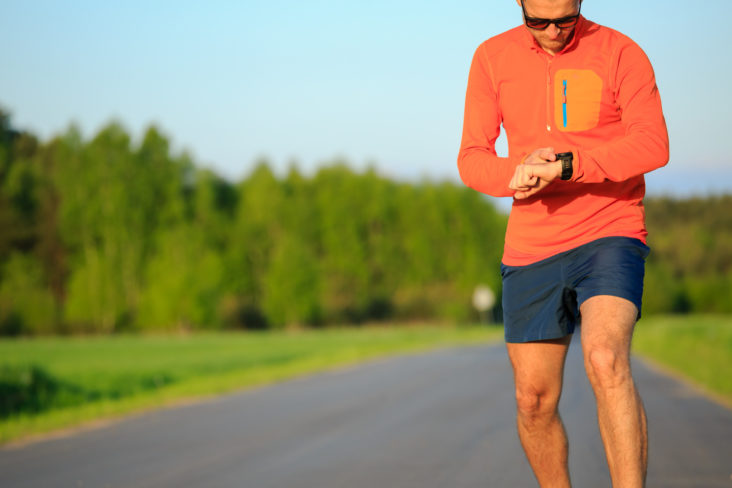Each year the holidays seem to come earlier and earlier, bringing with them the stresses and strains of holiday shopping. Local shops have had decorations up for weeks and now “Black Friday” starts at 8pm on Thanksgiving — Are you ready for the holiday shopping challenge?
The human body has the capacity to handle a little more stress and activity than normal, but the extreme pressures and stress the holidays add a lot more and our bodies have a hard time adapting. These added demands can stress our bodies to maximum capacity and we need to do everything we can to help ourselves. Eat right, drink plenty of water, stretch, exercise and take a few minutes to slow down and reflect on what the season is all about.
Treat Holiday Shopping as an Athletic Event
- Stay Hydrated! Drink eight to ten 8-ounce glasses of water a day. (Coffee, tea, sodas and alcohol are dehydrators. And are NOT substitutes for water).
- Be sure to stretch before and after a long day of shopping. When you are stressed-out, your muscles are less flexible than usual.
- Wear proper shoes. Cushioned soles that absorb the impact of walking on hard surfaces are best.
- Make sure your clothes are comfortable. Layers are a good idea if you’re going from a cold environment to a warm environment.
- Leave your purse at home. Wear a light fanny pack, or if necessary, a light backpack instead. Only bring essential items.
Plan Frequent Breaks
- During a heavy shopping day, be sure to take a short break every 45 minutes.
- Plan trips to your car to reduce the load you’re carrying. Don’t carry more than necessary.
- Keep food light. Burgers and fries can weigh you down (in more ways than one) – Fresh fruits and vegetables will keep your energy up.
- Skip the coffee break! Coffee and sodas contain caffeine and sugar, which add even more stress to your body. Stick to water.
Shopping with Children
- If at all possible, DO NOT bring children along. Most kids simply do not have the stamina for such an event, and you and your child will only become frustrated with one another.
- Don’t add unnecessary stress if you can avoid it.
- Split up “child duty” with a spouse or another parent.
Wrapping Your Gifts
There is no “ideal” position for wrapping gifts. Just remember to vary your positions as much as possible.
- Try standing at a table/countertop for one package, sitting on a bed for the next, and a comfy chair for another.
- Don’t wrap packages while sitting on the floor. This can wreak havoc on your posture and should be avoided.
- Always stretch before and after you wrap gifts.
Relax and enjoy the holidays!
Happy Holidays from everyone at Universal Wellness Source!



